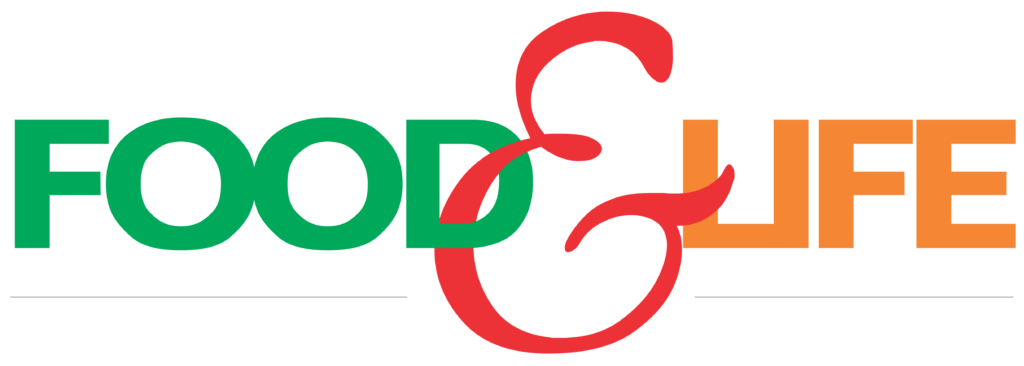Ageing is unavoidable. We can’t stop our body from growing older. I believe we can slow down the progression, by giving our body the right kind of nutrition, starting with the right awareness of what it really needs. Greying isn’t the only change our body undergoes as we age. There’s muscle loss, thinner skin, lesser stomach acid, and so much more! Some of these changes can affect our senses, and make us prone to some serious nutrient deficiencies!

Older adults need lesser calories, as compared to an active youngster. But they need a certain amount of nutrition at the same time, while their bodies have reduced absorption capacities. This becomes a major problem, because overeating for the sake of increased nutrition only increases the waistline. Eating less just robs them of the nutrition needed. And the truth is, few are actually getting the nutrition they think they’re getting from the food they eat.
For instance, one of the most commonly consumed foods in our country is rice. But by the time the rice arrives from the field to your plate, a major portion of its nutritional value is lost. White rice, for instance, is significantly refined and polished, which causes it to lose its bran (seed coat) and germ (embryo) along with other essential nutrients. And even after we consume it, only a small percentage of it is actually absorbed by our bodies. As we age, this percentage becomes lesser and lesser. This is the case with most foods that are commonly consumed.
Consider the quality of foods available and the fact that our bodies don’t absorb 100% of the nutritional content of what we eat, especially with age. There’s a big gap between what our body needs, and what it actually gets. That’s why experts in the industry strongly suggest quality supplementation to bridge that gap in a healthy diet. Every day, my family and I choose to take our multivitamins, Omega-3, protein and other quality supplements, in addition to an already healthy diet. Why? Because we know that our health matters, and we’re willing to do what it takes to maintain it, over time.
So what are some practical steps that can be taken for those of us who have ageing parents, for example? Here’s some food for thought
- Evade bowel-related issues like constipation and diverticulitis, with a good fiber intake. Most people’s diet is way too in soluble fiber. So consider a quality soluble fiber supplement
- Avoid sarcopenia (the age-related loss of strength and muscle) with regular protein intake and resistance exercise.
- Combat low nutrient absorption, by including protein, vitamin D, calcium, Omega-3 fatty acids, vitamin B12, iron and magnesium in your diet and supplementation.
- Remember, switching to good quality whole foods is always the healthier option.
Nutrition isn’t a one-time thing. Nor is it only for youngsters or active people. Consistent nutrition is absolutely vital for long-term results, especially as we age. The benefits are seen over time, and we all know that. So, switch to a healthier lifestyle and make it a habit as early as possible.
We don’t have to follow the stereotype of growing weak as we age; in fact, we can decide to age strong, by making healthy decisions, today.
References:
1.https://www.healthline.com/nutrition/nutritional-needs-and-aging 2.https://www.webmd.com/healthy-aging/features/missing-nutrients#1 3.https://academic.oup.com/jn/article/131/4/1359S/4686879 4.https://www.mdlinx.com/internal-medicine/article/3749 5.https://www.nhp.gov.in/healthlyliving/healthy-diet
Subscribe to our newsletter!
